 Learning Initiatives for Rural and Northern BC (LIRN BC) is a collaborative approach to building on the capacities of rural, remote and Northern British Columbian communities. And we are delighted to be partering with this great initiative!
Learning Initiatives for Rural and Northern BC (LIRN BC) is a collaborative approach to building on the capacities of rural, remote and Northern British Columbian communities. And we are delighted to be partering with this great initiative!
The LIRN process encourages local government, provincial, federal, First Nations, non-government organizations (community-based, regional and provincial) and businesses to work together to plan, deliver and evaluate a locally relevant learning initiative.
The 2013 Expression of Interest (EOI) application is now available and we are delighted to be new LIRN partner!Follow this link for more information or to download the EOI form or go directly to: http://www.sba-bc.ca/resource/lirn-bc-expression-interest-2013-14.
►The EOI must be received by June 28th, 2013 at 5:00 pm.
The EOI includes workshop summaries for 18 workshops offered by LIRN BC partner organizations. If your community is selected, you will be contacted by a LIRN BC partner who will work with you to design and deliver a learning event that meets the needs of your community. Successful applicants would be expected to provide publicity support, venue and refreshments.
The 2013 LIRN BC partners are:
Access to Media Education Society (AMES)
Association of Neighbourhood Houses of BC
Fraser Basin Council (Smart Planning for Communities)
Heritage Branch – BC Ministry of Forests, Lands and Natural Resource Operations
Irving K. Barber Learning Centre at UBC (Small Business Accelerator Program)
Leave out Violence BC (LoVE)
PeerNetBC
Public Health Agency of Canada
Social Planning and Research Council of BC (Community Development Education Program)
YouthCO
EOI Details:
►The EOI must be received by June 28th, 2013 at 5:00 pm.Please do not exceed the provided space of the Application Section of the EOI. Follow this link for more information or to download the EOI form or go directly to: http://www.sba-bc.ca/resource/lirn-bc-expression-interest-2013-14.
►Return the Application Section only – pages 14 to 18 of this document – as a Word document by email to jsands@sparc.bc.ca.| Jim Sand, Project Coordinator, SPARC B (Social Planning and Research Council of BC).
►Special Instructions: Please do not exceed the provided space of the Application Section of the EOI. Return the Application Section only – pages 14 to 18 of this document – as a Word document by email to jsands@sparc.bc.ca.
Note: If you have any questions please contact Jim Sands at 604-718-7742 or jsands@sparc.bc.ca
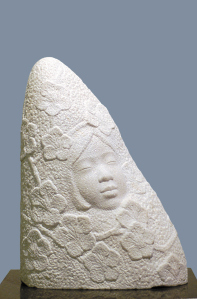
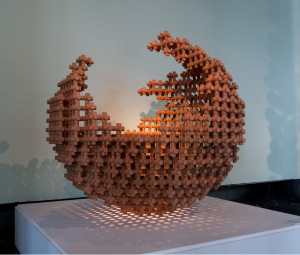
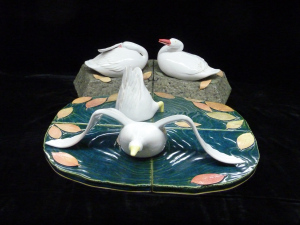

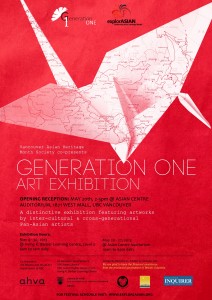
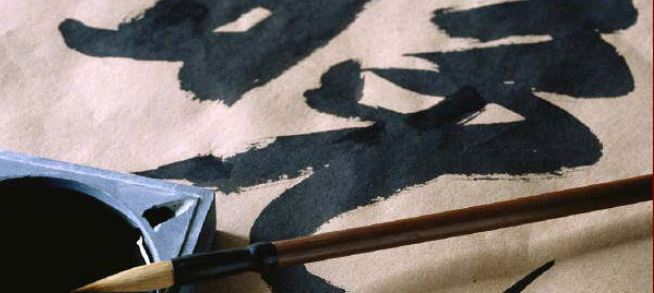 In celebration of
In celebration of